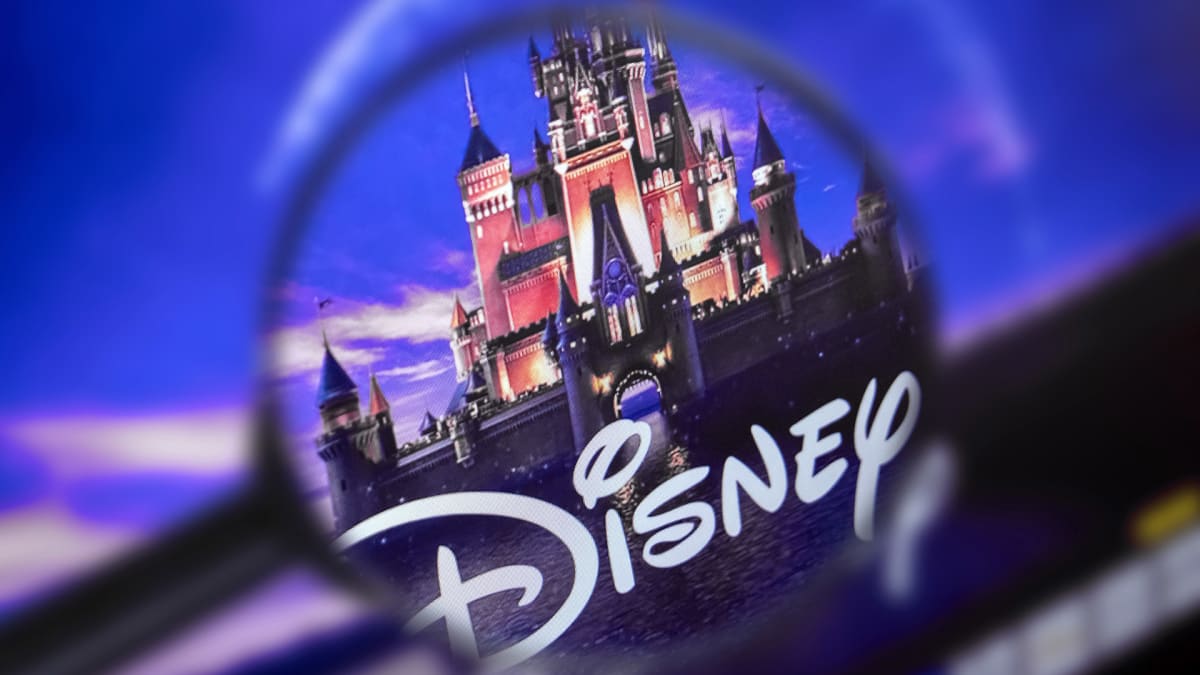
Walt Disney (DIS) shares edged lower Wednesday ahead of its first quarter earnings after the closing bell, with investors likely focused on the media and entertainment giant's looming proxy fight with billionaire activist investor Nelson Peltz.
Peltz, who is lobbying for a seat on the company's board of directors, wants Disney to re-focus its operations on profitability and cost control, following years of pro-growth strategies that defined the tenure of former CEO Bob Chapek.
Disney, Peltz said, had "lost its way" under Chapek, who was fired last year and replaced on a short-term basis by former boss Bog Iger, and needs "decisive action that will result in improved operations and financial performance, enhanced shareholder value and a robust succession planning process that will set the stage for sustainable growth over the long term' to turn things around.
Peltz has said he wants to work with Iger, who returned to the group on a temporary basis in November, on a CEO succession plan, improving operating margins at the group's direct-to-consumer business, accelerating cost cuts and reinstating the company's dividend by 2025.
Disney, for its part, says Peltz "does not understand Disney's businesses and lacks the skills and experience to assist the board in delivering shareholder value in a rapidly shifting media ecosystem", and has urged shareholders to vote against his proposal at the group's annual meeting on April 3.
That puts today's earnings report in sharp focus, particularly as Disney's bottom line is expected to fall 26% from last year to 78 cents per share, even as revenues rise 7.1% to $23.37 billion.
A big portion of the revenue gains, however, are likely to come from Disney's Parks & Experiences division, which is likely to see its top line fall by around 10% from last year to $6.5 billion, but still comprise a bit more than half of the group's total operating income.
"Our take is that the parks results (including rebounding international) will be stellar ... given recent earnings results from a park peer and airlines as well as announcements from airport/government authorities." said Daiwa Capital Markets analyst Jonathan Kees, who carries a $138 price target on the stock.
Robust outlooks are likely for the division, as well, with Kees noting Orlando International Airport traffic is approaching its record pre-Covid peak, China's re-opening and the broader travel optimism from airlines such as Delta (DAL), American (AAL) and United (UAL) in their recent earnings updates.
The more challenging area for Disney, however, will be in its direct-to-consumer division, where its Disney+ streaming service is facing renewed challenges from Netflix (NFLX) and a pullback in consumer spending and the ongoing slide in advertising sales.
Disney added 14.6 million subscribers to its streaming services over the three months ending in October, but the gains came at a price: revenue per user fell to $3.91, and the overall division posted a loss of $1.5 billion.
Disney said at the time that the introduction of its Disney+ price hikes should support revenue per user growth but noted that it won't likely see a bump from its new ad-supported service until later in the year.
"We expect subscription revenue to be above consensus, offset by lower advertising revenue given the challenging macro and poor (fourth quarter) performance in viewership we do not believe can be made up in a short period of time, despite launch of Disney+ with ads," said KeyBanc Capital Markets analyst Brandon Nispel, who rates Disney at 'overweight' with a $119 price target.
"We believe the Company will reiterate its prior streaming subscriber targets, and the path toward profitability could be accelerated with a pullback in marketing," he added.
Peltz has said Disney should buy the remaining one-third stake of Hulu, the streaming service it shares with Comcast CMCSA, a move Disney has agreed to make by January of next year.
Peltz's objectives partly echo criticisms levied by activist investor Dan Loeb earlier this year.
Loeb, who runs the $14 billion Third Point hedge fund, has pushed for the sale of ESPN, Disney's sports-focused network, saying it would alleviate leverage at the parent company while allowing a stand-alone ESPN the flexibility to pursue increasingly expensive sports rights and expand into the lucrative sports betting market.
"We don't have a strong opinion on M&A, though we believe Disney processes fairly wide optionality, and ultimately believe its business, as is, can achieve greater profitability in the next 3 years vs. its previous peak in 2018," said KeyBanc's Nispel.
Disney shares were marked 0.3% lower in early Wednesday trading to change hands at $111.27 each.







